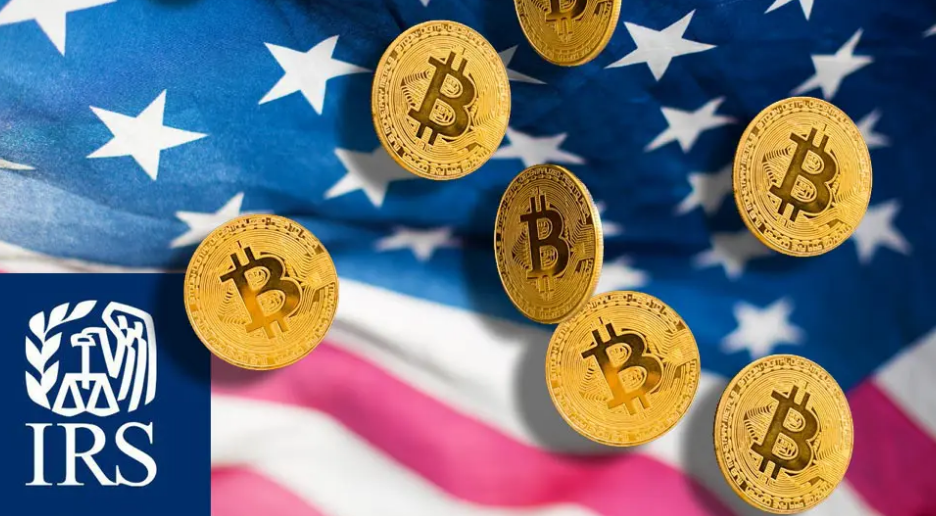United States President Donald Trump on Thursday signed a law that overturns an Internal Revenue Service rule that would have mandated decentralized crypto exchanges comply with broker reporting obligations.
Trump, Congressional Action Nullifies Late Biden-Era Regulation
According to a report by Reuters and other news outlets, the bill is aimed at a rewritten IRS rule issued in the final weeks of the Biden administration in December. The regulation had broadened the definition of a “broker” to encompass decentralized finance platforms, or DeFi exchanges.
Congress employed the Congressional Review Act in order to void the revision, with both the House and Senate voting in March to repeal the rule. The Congressional Review Act permits legislators to overturn new federal rules using a simple majority.
The revised rule had reportedly been criticized vehemently by cryptocurrency industry representatives. They said it imposed unrealistic compliance obligations on DeFi platforms.
HISTORY MADE
Just now, @POTUS signed my bill to repeal to the IRS DeFi Crypto Broker Rule.
This is the first cryptocurrency bill EVER signed into law by a president.@HouseGOP is working to keep America as the crypto capital of the world!
— Congressman Mike Carey (@RepMikeCarey) April 10, 2025
DeFi Platforms: Compliance Technically Impossible
The initial IRS framework originated in the $1 trillion 2021 bipartisan Infrastructure Investment and Jobs Act. It mandated that digital asset brokers submit tax forms to the IRS as well as digital asset holders to assist in tax reporting, Reuters and others have disclosed.
Whereas exchanges such as Coinbase and Kraken act as middlemen between sellers and buyers, DeFi exchanges use a different system. They enable direct trading on blockchain networks with no middleman.
Crypto supporters asserted that this intrinsic distinction rendered the IRS regulations untenable for DeFi platforms. According to sources from industry stakeholders, these decentralized exchanges do not have visibility over user identities and therefore are technologically incapable of meeting typical broker reporting requirements.

The signing of the bill is a fit for Trump’s election campaigns to be accommodating to the industry of cryptocurrencies. In his bid for president, Trump vouched to be a “crypto president” and took financial support from the sector promising to help increase adoption in digital assets.
Regulatory Shift Highlights Ongoing Tax Compliance ChallengesThe IRS rule change under the Biden administration had sought to crack down on potential tax evasion by cryptocurrency users. Tax authorities have long grappled with making sure they can enforce compliance in the fast-growing digital asset sector.
The reversal underscores the ongoing tension between government attempts to capture tax revenue from cryptocurrency transactions and the technical realities of decentralized systems.
For the crypto sector, especially DeFi protocols, the bill is a big regulatory win. It eliminates a compliance hurdle that many in the space had insisted was not merely challenging but actually structurally impossible to comply with based on the nature of their technology.
The White House hasn’t yet made public what, if anything, alternative steps could be proposed to address cryptocurrency tax reporting issues.
Featured image from Alex Brandon/Associated Press, chart from TradingView










